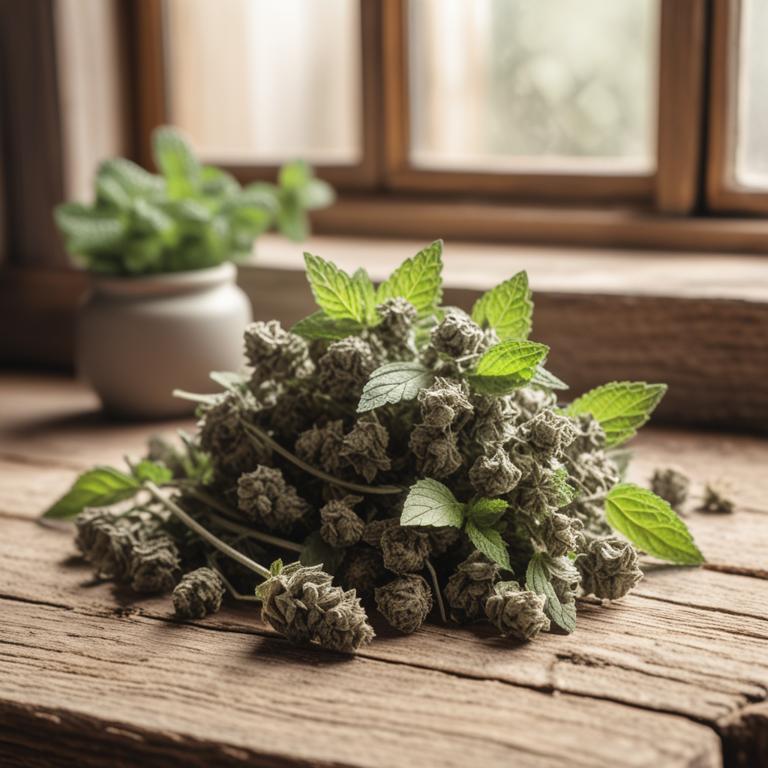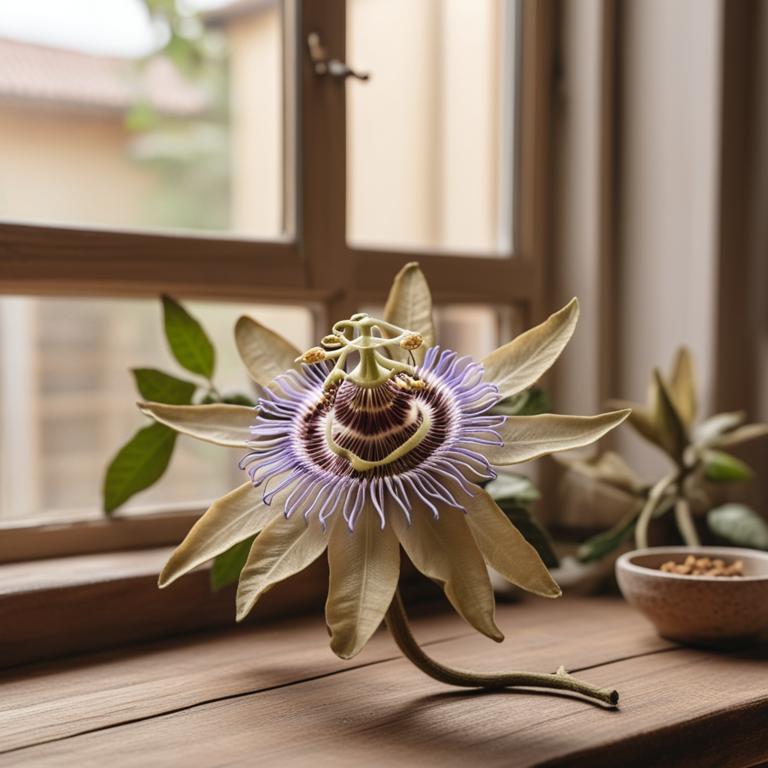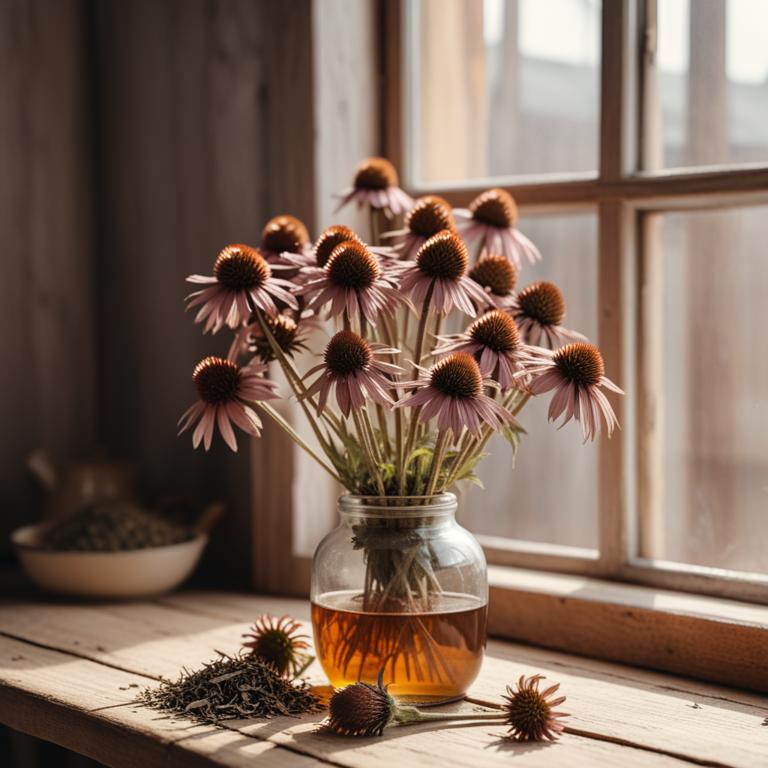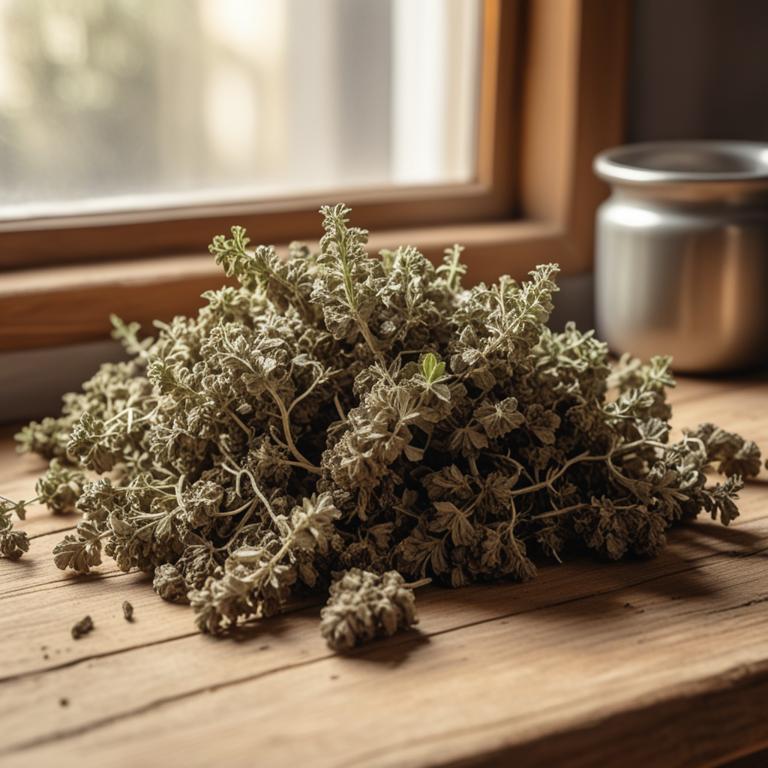Updated: Dec 1, 2024
Natural Remedies for Sleep Deprivation: Causes, Medicinal Herbs, and Herbal Preparations
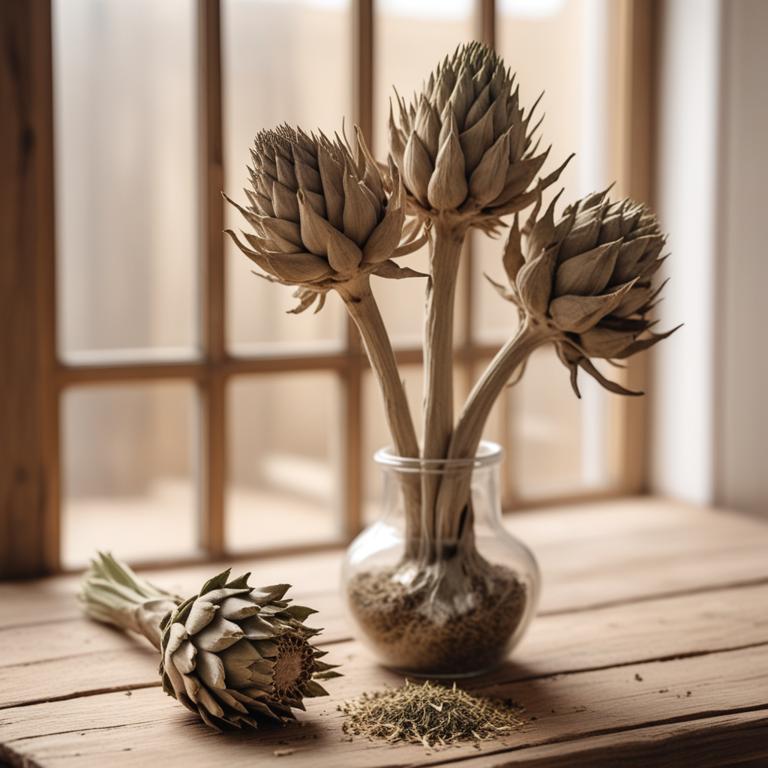
Sleep deprivation is when you don't get enough sleep, and it can make your life really tough.
You might feel tired, grumpy, and have trouble concentrating. It's like your body and mind are running on empty, and it can affect your work, relationships, and daily activities. So, what causes sleep deprivation?. It could be stress, anxiety, irregular sleep schedules, or even medical conditions like sleep apnea or insomnia. Some herbal remedies can help. For example, chamomile is known for its calming effects, and it's often used in teas to promote relaxation.
Valerian root is another herb that helps you unwind and prepare for sleep. You can find valerian root in teas, supplements, or even as an essential oil. Lavender is also a popular herb for sleep, as its soothing scent can calm your mind and body. You can use lavender in teas, candles, or even as a pillow spray. To use these herbs, you can make a warm tea by steeping the dried flowers or roots in hot water. Some people also use herbal supplements, like capsules or tinctures, to get the benefits of these plants.
Whatever you choose, be sure to talk to a healthcare professional before adding any new herbs to your routine, especially if you're already taking medication or have a medical condition.
Table of Contents
- What causes sleep deprivation in individuals?
- What are the benefits of using herbs to help alleviate the condition of sleep deprivation?
- What are the principal medical herbs for sleep deprivation management?
- What are the herbal preparations that are commonly used to overcome sleep deprivation?
- Which herbs should be avoided if you experience chronic sleep deprivation?
- FAQ
What causes sleep deprivation in individuals?
The main causes of sleep deprivation are quite straightforward and relatable.
Sleep Disorders are a significant contributor, as conditions like insomnia, sleep apnea, and restless leg syndrome make it difficult for people to fall or stay asleep. These disorders can be caused by a combination of factors, including genetics, lifestyle choices, and underlying medical conditions. Work Schedule is another common cause of sleep deprivation, especially for those working night shifts, irregular hours, or long hours. When our bodies are not in sync with the natural sleep-wake cycle, it can disrupt our ability to get quality sleep. Additionally, the pressure to meet deadlines and manage workloads can lead to chronic sleep deprivation.
Having a baby is also a significant cause of sleep deprivation. Babies require frequent feedings and attention throughout the night, making it challenging for new parents to get a full night's sleep. This can be especially true for single parents or those with young children who need constant care. Lastly, Illness can also play a significant role in sleep deprivation. Whether it's a cold, flu, or chronic condition, feeling unwell can make it difficult to fall asleep or stay asleep.
This is because our body's natural response to illness is to be more alert and awake, making it hard to relax and get quality rest.
What are the benefits of using herbs to help alleviate the condition of sleep deprivation?
Using herbs for sleep deprivation can be a great alternative to prescription medication.
One of the main benefits is that they are natural and don't have harsh side effects. They can help calm the mind and body, making it easier to fall asleep. Some herbs have a sedative effect, while others help regulate your sleep patterns.
They can also reduce stress and anxiety, which are common causes of sleep deprivation. Additionally, herbs like these can improve the quality of your sleep, making you feel more rested and refreshed in the morning. They can also help increase the length of your sleep, so you're not waking up in the middle of the night.
Many people find that using herbs for sleep deprivation is a more gentle and effective solution than prescription medication, and they can be used in various forms, such as teas, supplements, or even essential oils.
What are the principal medical herbs for sleep deprivation management?
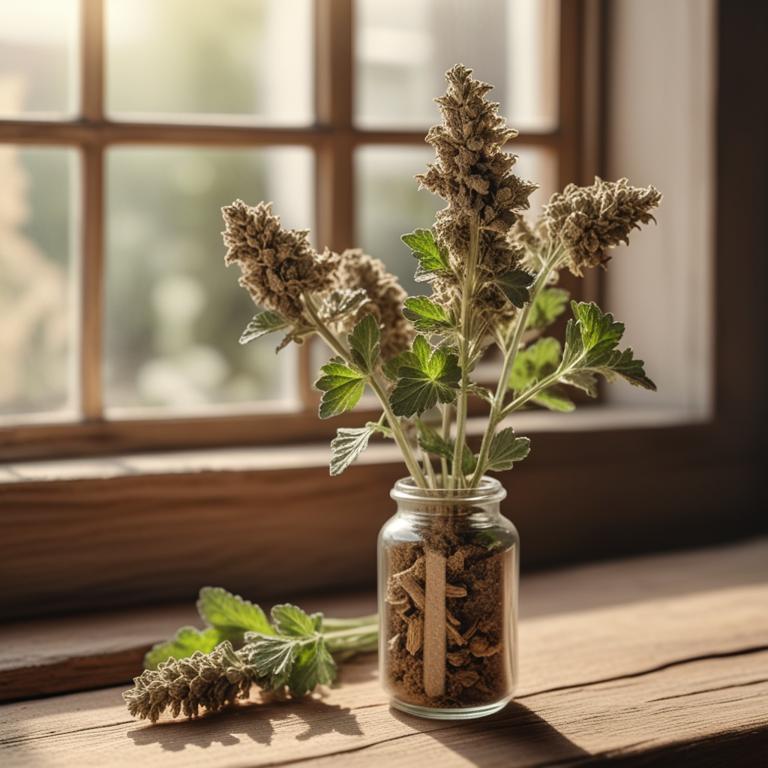
If you're struggling with sleep deprivation, you might find some relief in herbs that have been used for centuries to calm the mind and body.
Let's start with Melissa officinalis, also known as lemon balm, which has a soothing effect on the nervous system. Its antispasmodic properties help relax tense muscles and reduce anxiety, making it easier to fall asleep. Next, Valeriana officinalis, or valerian root, is a well-known natural sleep aid. It contains compounds like valerenic acid that promote relaxation, reduce stress, and regulate sleep patterns.
Then there's Lavandula angustifolia, or lavender, which has a calming scent that can help quiet the mind. Its essential oils can reduce anxiety and promote relaxation, making it easier to fall asleep and stay asleep. Passiflora incarnata, or passionflower, is another herb that has been used to treat insomnia. It has a sedative effect on the nervous system, reducing anxiety and stress, and promoting a restful night's sleep. Finally, Avena sativa, or oat straw, contains a compound called avenacoside that can help reduce stress and anxiety, making it easier to fall asleep.
These herbs can be consumed as teas, taken as supplements, or inhaled as essential oils to promote a restful night's sleep.
What are the herbal preparations that are commonly used to overcome sleep deprivation?

Herbal preparations can be really helpful when you're struggling with sleep deprivation.
A decoction is a strong liquid made from herbs like valerian root or passionflower, which are known to calm the mind and body. Decoctions are good because they contain more of the herb's active ingredients than other preparations, making them more effective at promoting relaxation. Infusions, on the other hand, are lighter and easier to digest, often made with herbs like chamomile or lavender.
They're great for unwinding before bed without feeling too sedated. Tinctures are concentrated liquid extracts that can be added to water or taken directly. They're good for when you need a quick fix, as they can be absorbed quickly into the body. Herbal teas, like peppermint or lemon balm, can be soothing and calming, and are often more gentle on the stomach than other preparations.
Taking herbal teas or tinctures in capsule form is also an option, which can be especially helpful if you're not a fan of strong flavors or prefer a more convenient way of taking your herbs.
Additional Resources:
Which herbs should be avoided if you experience chronic sleep deprivation?
If you're already struggling with sleep deprivation, it's best to steer clear of certain herbs that can interfere with your sleep even more.
Ephedra sinica, for example, is a stimulant herb that can increase alertness and energy, but it can also disrupt your sleep patterns if you're not careful. It can make it even harder to fall asleep and reduce the quality of your sleep, making you feel more tired than before. Similarly, Coffea arabica, or coffee, is another stimulant herb that can have the same effect, especially if you consume it too close to bedtime.
Ginkgo biloba, while often used to improve memory and cognitive function, can also act as a stimulant and make it harder to fall asleep. Catha edulis, also known as khat, is another herb that can increase alertness and energy, but it can also lead to anxiety and insomnia if you're not careful. Schisandra chinensis, a Chinese herb often used to boost energy and vitality, can also have the same effect, but it's best to avoid it if you're already struggling with sleep.
These herbs can be especially problematic if you're already feeling exhausted, as they can make it even harder to get the rest you need.
FAQ
Are there any specific herbs that can prevent sleep deprivation?
Some herbs like valerian and chamomile are known to promote relaxation and help with sleep.
They have a calming effect on the body, making it easier to fall asleep and stay asleep.
Valerian, in particular, has been used for centuries to aid in sleep, and chamomile is often consumed as a tea to calm the mind and body before bed.
Is it safe to use herbal remedies for sleep deprivation during pregnancy?
Using herbal remedies for sleep deprivation during pregnancy can be tricky.
Some herbs, like chamomile and lavender, are often used for sleep and are generally considered safe in small amounts. However, others, like valerian root, can be a concern due to their potency and potential effects on the baby.
It's best to use them with caution and follow the recommended amounts.
Are there any herbs that can reduce the frequency of sleep deprivation?
Valerian root and lavender are herbs known to help with sleep.
They have a calming effect on the body, making it easier to fall asleep and stay asleep.
Some people also find that drinking tea made from these herbs before bed helps them feel more relaxed and wake up feeling rested.
Related Articles
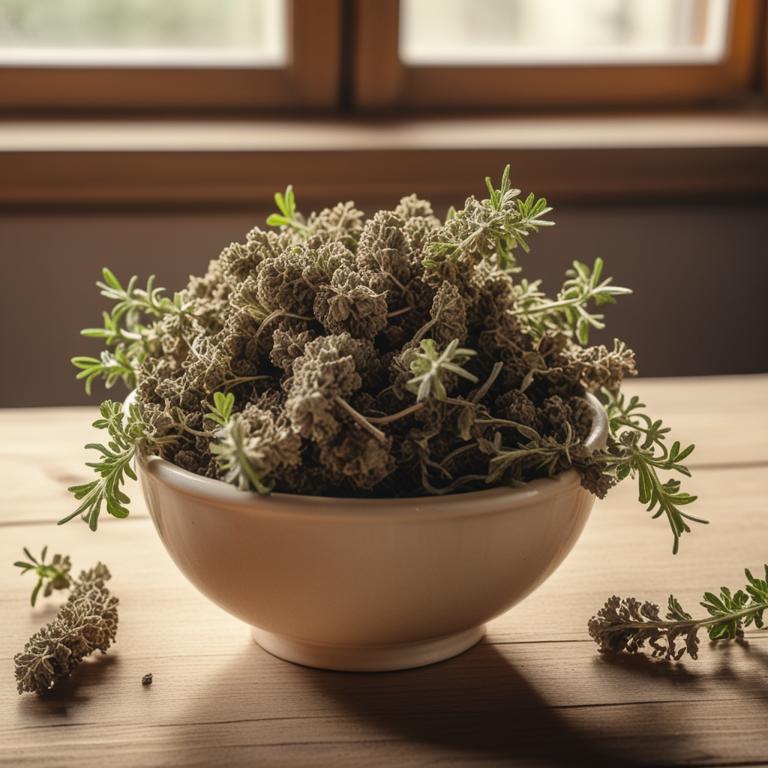
Speech Difficulty: Harnessing the Power of Medicinal Herbs and Herbal Preparations
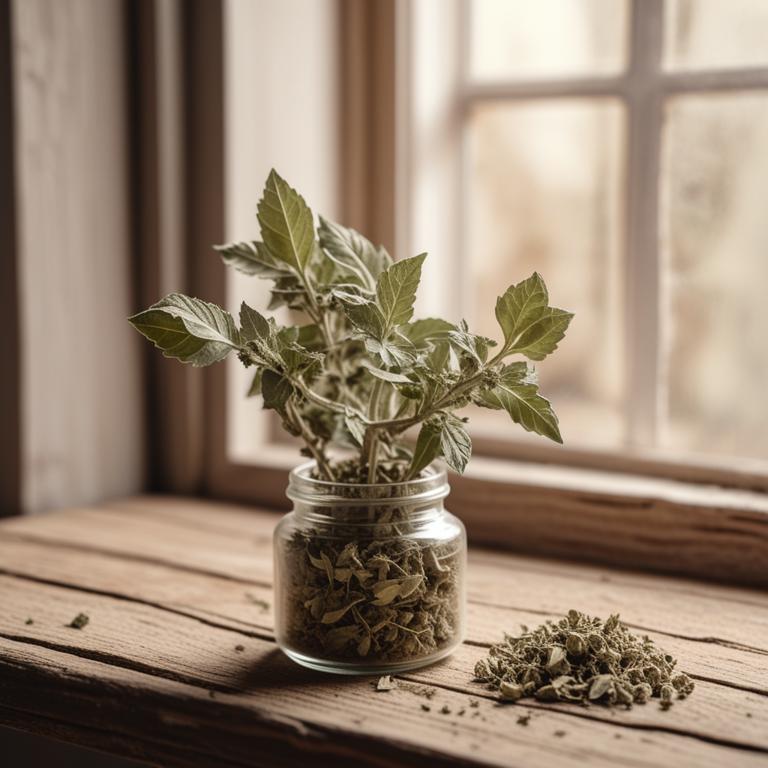
Brain Fog: A Guide to Causes, Medicinal Herbs, and Natural Preparations

Breaking the Cycle of Bad Taste with Medicinal Herbs and Herbal Preparations
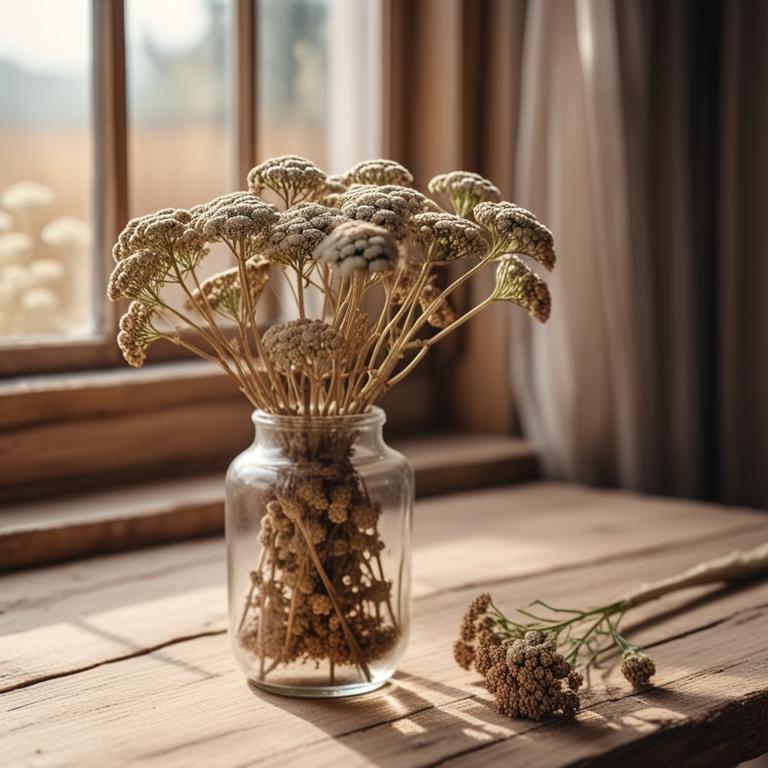
Eye Pain Treatment: Exploring Medicinal Herbs and Herbal Preparations
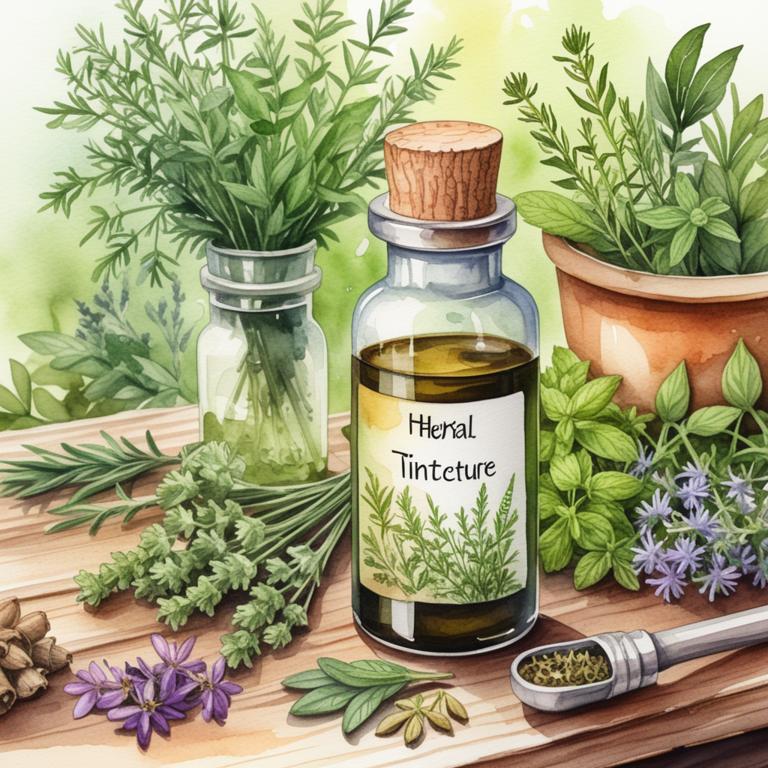
Restless Leg Syndrome: Understanding the Causes and Using Herbal Preparations
